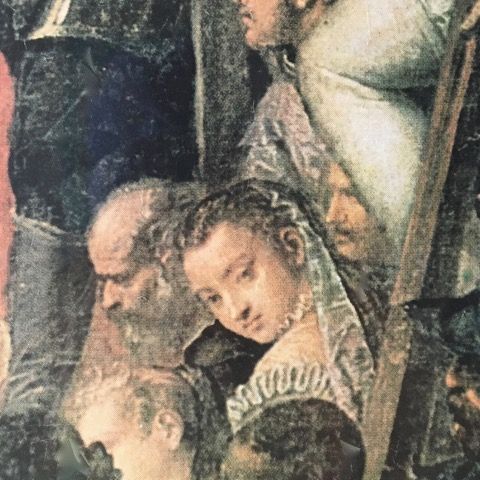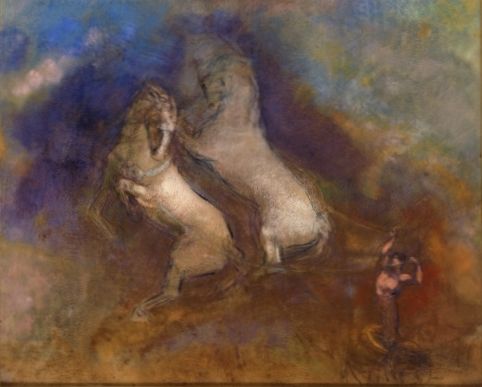Methods

Archetypal Psychology
During the 1970‘s, James Hillman, Pat Berry, Thomas Moore and others developed some of Jung’s central ideas about images, imagination and the soul or psyche, adding elements from Neoplatonic and Renaissance philosophy and aesthetics, Romantic poetry, and Islamic mysticism. They came up with what Hillman called “an imaginal method”, which is what Sarah tries to practice. Archetypal psychology is not an ego psychology; the ego is relativized, pathology is understood as an innate aspect of the soul, and beauty and aesthetics are given a central place.


Dream Work
While it is not necessary to remember one's sleeping dreams in order to benefit from Jungian analysis or psychotherapy, dreams can offer us enormous wisdom and provide new vantage points from which to view ourselves and our world. Using active imagination, which helps us reenter dreams in a waking state, we can experience their meaning rather than standing back and trying to interpret them.
This technique, which was developed by Jung and his colleagues, is known as Active Imagination. It can be done alone or in a group.
Sarah has been leading a small dream group in Great Barrington since 2013; it meets twice monthly. There are occasional openings for new members, so please contact Sarah if you are interested.

EDMR
In EMDR [Eye Movement Desensitization and Reprocessing], the introduction of a simple back and forth eye movement (or tapping on palms or knees) triggers a linked sequence of memories and impressions which can yield astonishing insights. EMDR can unlock deep feelings and bring new perspectives to already familiar memories. Although it was developed by a cognitive psychologist and is widely used with trauma survivors, this technique is also compatible with and useful to a soul-centered approach to healing.

Process Work
Developed by Jungian analyst and physicist Arnie Mindell, Process Work proposes that the dreaming process is going on all the time, not just during sleep. It regards all phenomena -- symptoms, illness, events, coincidences, relationships, really any interaction or occurrence that catches our attention -- as part of this dreaming process. Process work involves the body and redirects the mind's usual approach to problems and conflicts, helping us to engage with ourselves, each other and events in a more imaginative and playful way. Process Work is the contact improvisation of depth psychology.